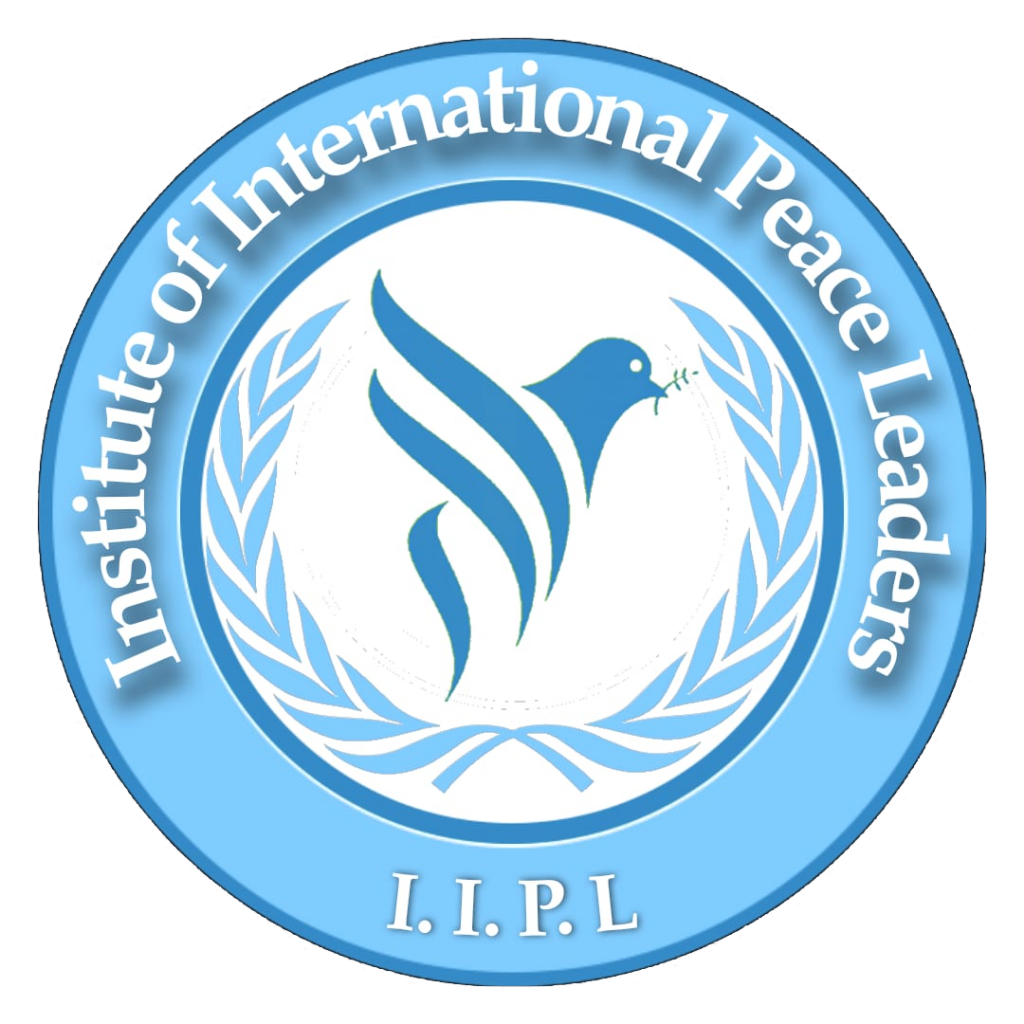Transformative Food Distribution Solutions in Pakistan: Navigating Challenges for a Hunger-Free Nation
Introduction:
Pakistan, like many nations, grapples with the complex challenge of ensuring food security for its population. In the current scenario, where socio-economic factors, climate change, and global uncertainties pose significant hurdles, innovative food distribution solutions are more critical than ever to address the pressing issue of hunger within the country.
1. Technological Integration for Enhanced Efficiency: In response to Pakistan’s diverse and often challenging terrain, integrating technology into the food distribution system is paramount. Smart logistics solutions, incorporating GPS tracking and IoT sensors, can optimize transportation routes, ensuring timely delivery of food supplies to remote and vulnerable communities.
2. Data-Driven Approaches to Tackle Demand Fluctuations: Pakistan’s fluctuating economic conditions and population density variations demand a nuanced approach. Leveraging data analytics can provide valuable insights into demand patterns, enabling authorities and organizations to allocate resources efficiently and minimize wastage.
3. Blockchain for Transparency and Trust: Amid concerns about the transparency of supply chains, especially in regions with complex distribution networks, blockchain technology can play a crucial role. Implementing blockchain ensures transparency, reduces corruption, and enhances trust in the food distribution system.
4. Community-Centric Initiatives: In a country known for its strong community ties, fostering local initiatives is key. Community-led efforts, such as establishing local markets and cooperative networks, empower people at the grassroots level, ensuring a more responsive and culturally sensitive approach to food distribution.
5. Mobile Applications for Donation and Volunteer Coordination: Given the widespread use of mobile phones in Pakistan, developing user-friendly apps can revolutionize the donation and volunteer coordination process. These apps can bridge the gap between surplus food providers, distribution centers, and volunteers, creating a seamless and efficient system.
6. Sustainable Practices for Environmental Resilience: Pakistan faces environmental challenges, from water scarcity to extreme weather events. Embracing sustainable packaging materials and adopting eco-friendly transportation methods not only addresses environmental concerns but also ensures the long-term viability of food distribution efforts.
7. Public-Private Partnerships for National Impact: The collaboration between the government, NGOs, and private enterprises is critical to the success of innovative food distribution solutions in Pakistan. By pooling resources, expertise, and networks, these partnerships can amplify the impact of initiatives, fostering a collective response to the nation’s hunger challenges.
Conclusion:
In navigating the current socio-economic landscape, Pakistan must adopt transformative food distribution solutions that are tailored to its unique needs. By embracing technology, empowering local communities, and fostering collaborative partnerships, the nation can build a resilient and efficient system that strives towards a hunger-free future. It is through a concerted, multi-faceted effort that Pakistan can overcome the complexities of food distribution and ensure that no one in the nation goes hungry.
Author
-

Ambreen Noor is a dynamic individual recognized as a National Youth Leader representing the Institute of International Peace Leaders. Her Islamic background is Hafiz-e-Quran,Tajweed, Tafseer -ul-Quran and Dars-e-nazami Aaama and many other Islamic Courses.Her academic background includes a graduation in microbiology, where she conducted research on discovering microbes at UVAS Jhang campus. Alongside her scientific pursuits, Ambreen is skilled as an Operation Theater Technician and diagnostic laboratory techniques and is also known for her artistic talents. Driven by a passion for knowledge and innovation, Ambreen aspires to pursue further studies as a researcher in microbiology, aiming to contribute to scientific advancements in her field. Beyond her academic and professional endeavors, she is actively involved in various national and international organizations, channeling her energy towards humanitarian causes and continuously seeking opportunities to enhance her knowledge and skills. With her diverse talents and commitment to personal and societal development, Ambreen Noor embodies a multi-faceted personality poised to make significant contributions to her community and beyond.
View all posts

